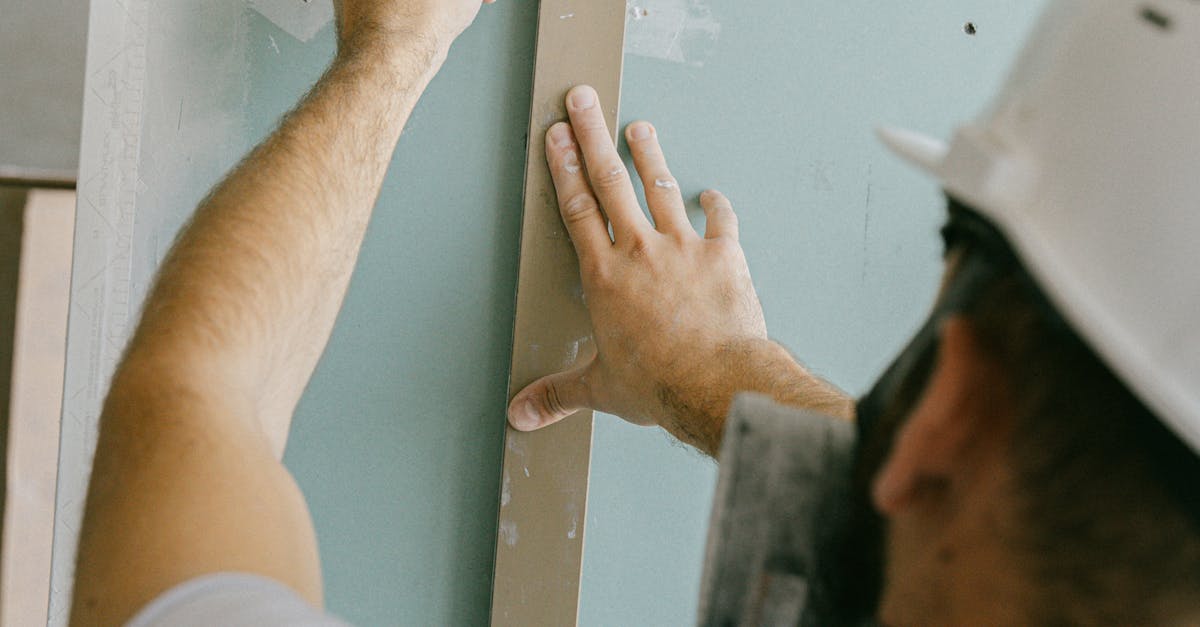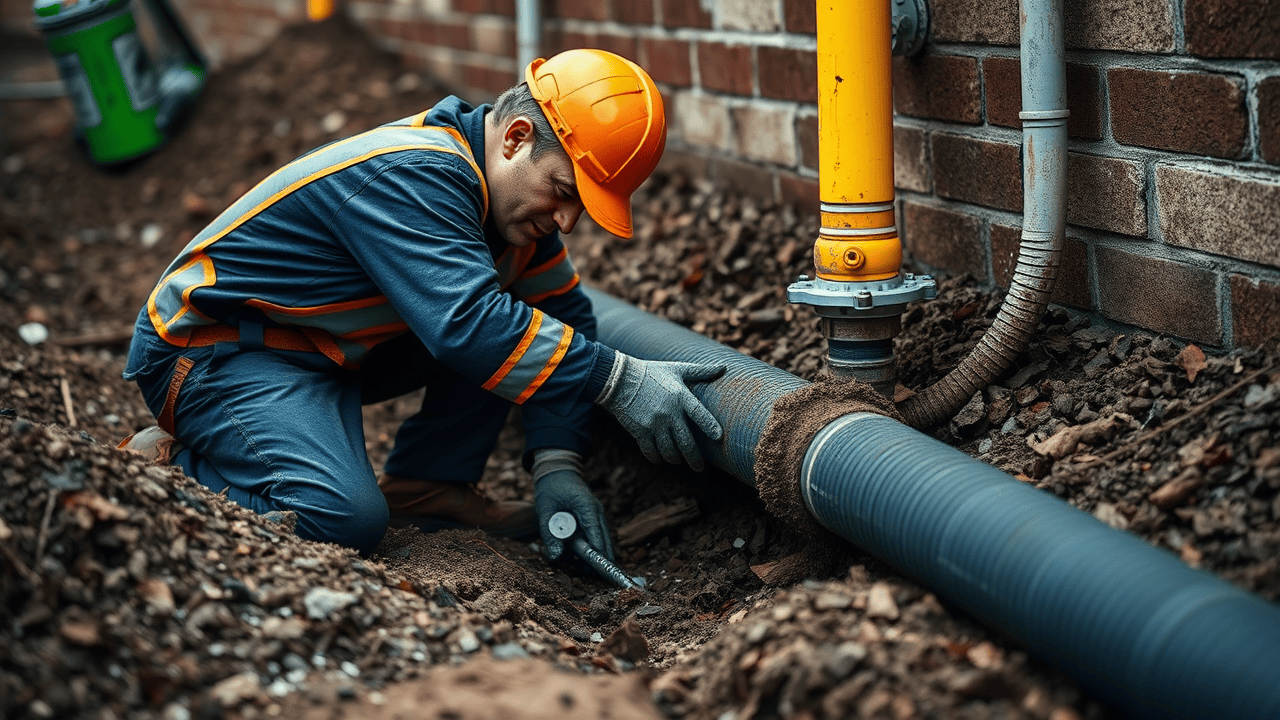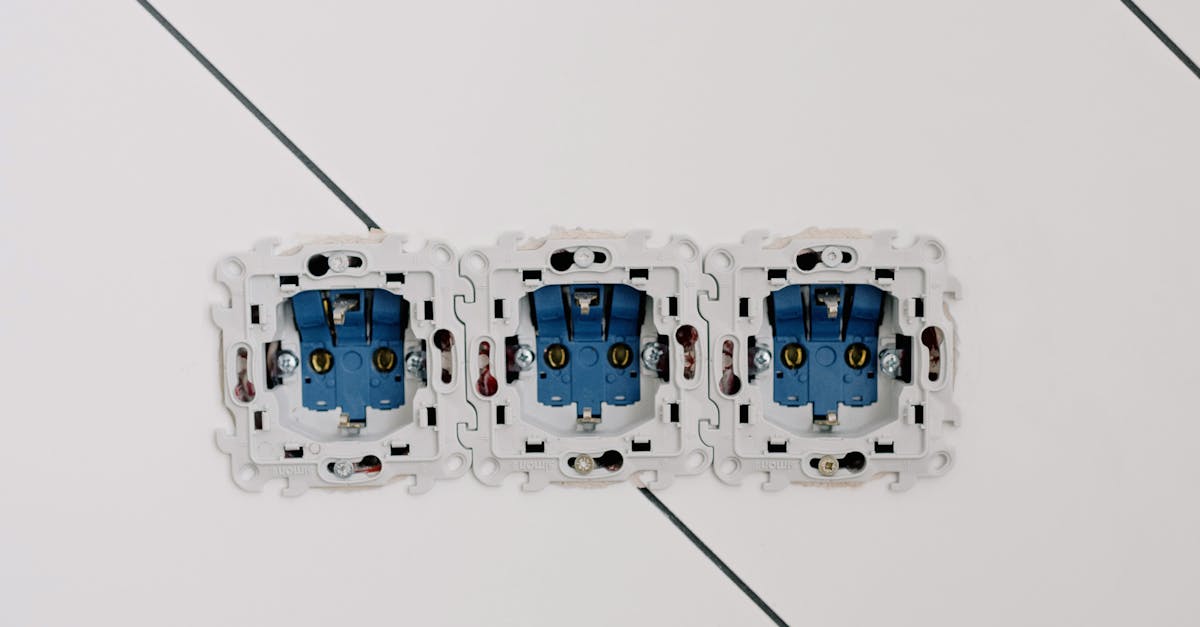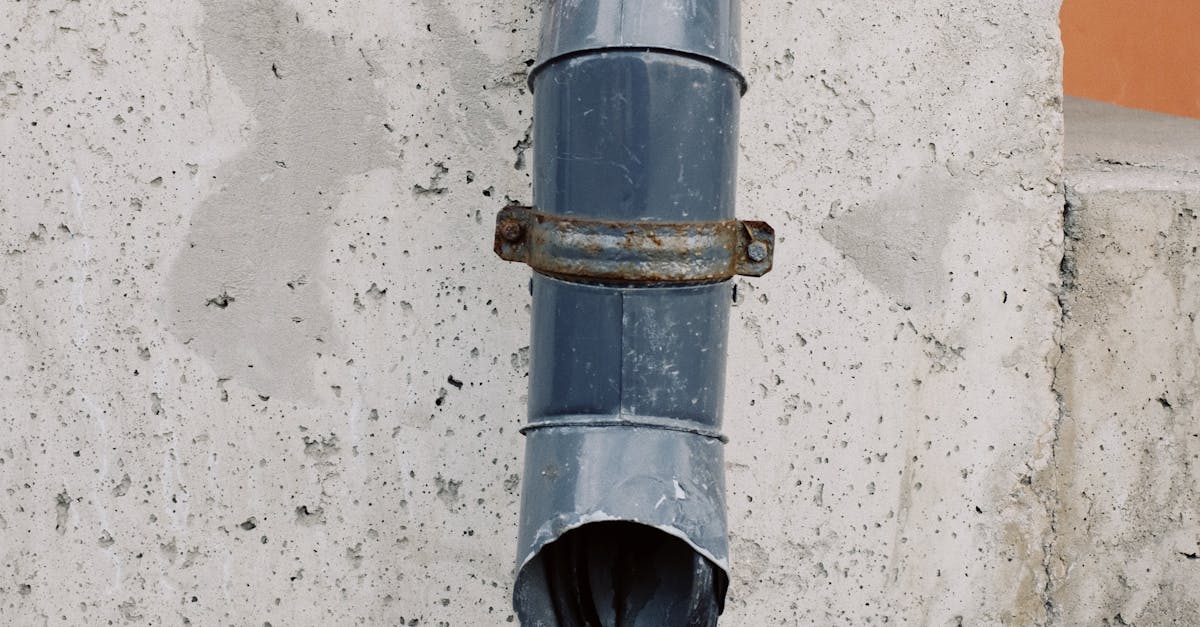
The Impact of Environmental Conditions
Environmental factors significantly influence the lifespan of sewer pipes. Soil composition, moisture levels, and temperature fluctuations can all contribute to the deterioration or damage of these systems. For instance, highly acidic soils can corrode metal pipes, while tree roots may invade and disrupt older lines, creating blockages and leaks. Regular assessments of the surrounding environment can help identify potential risks and allow for timely interventions.
Weather conditions also play a crucial role in determining pipe longevity. Excessive rain can lead to flooding, which may overwhelm sewer systems and result in backups. Conversely, prolonged droughts can cause soil shrinkage, increasing stress on pipes as the ground shifts. Homeowners seeking to understand how these factors affect their sewer lines may benefit from searching for "sewer line installation and repair near me" to find local professionals who can evaluate the situation effectively.
How Soil and Weather Affect Pipes
Soil composition and moisture levels can significantly influence the lifespan of sewer pipes. Clay, sandy, or rocky soils exert different pressures on the pipes. For instance, clay soils can expand and contract with moisture levels, potentially leading to shifts that compromise pipe integrity. Sandy soils, while more stable, may not provide sufficient support, causing pipes to settle unevenly. Regular maintenance can help identify issues that arise from these environmental factors.
Weather conditions also play a crucial role in the durability of sewer lines. Freezing temperatures can cause water within the pipes to freeze, leading to cracks or bursts. Conversely, heavy rainfall can saturate the ground, causing soil erosion and destabilization around buried pipes. Homeowners concerned about potential damage should seek services for sewer line installation and repair near me to ensure proper solutions are implemented.
The Role of Installation Quality
The quality of installation plays a crucial role in the lifespan of sewer pipes. Proper alignment, secure connections, and appropriate materials are essential to ensure that sewer lines function efficiently over time. If installation is rushed or performed by an inexperienced contractor, the risk of future issues increases significantly. Homeowners should be proactive by seeking professional services to avoid common pitfalls associated with DIY or subpar installations.
When searching for reliable services, many homeowners often type "Sewer line installation and repair near me" to find experienced professionals in their area. It is vital to choose a contractor with a strong reputation and the necessary expertise. This diligence can lead to a more durable system and reduce the likelihood of costly repairs down the line, ultimately extending the life of the sewer pipes. Investing in quality installation is a fundamental step in maintaining a healthy plumbing system.
Importance of Professional Installation
Quality installation of sewer pipes plays a critical role in determining their longevity. An inexperienced installer may overlook important factors such as pipe alignment and bedding materials. Errors made during this stage can lead to issues like misalignment, which increases the risk of blockages and eventual breaks. Ensuring that the installation meets local codes and standards is essential for long-term performance.
Choosing professional services for sewer line installation and repair near me offers peace of mind. Skilled technicians bring expertise and the right tools to ensure the job is done correctly the first time. They can assess the specific conditions of a property and recommend solutions tailored to its needs. This attention to detail significantly reduces the chance of future issues and enhances the overall efficiency of the sewer system.
Upgrading Old Sewer Pipes
Upgrading old sewer pipes can significantly improve the overall efficiency and reliability of a home's plumbing system. Many older systems are made from materials like clay, cast iron, or old PVC, which can deteriorate over time. Modern alternatives such as HDPE or PVC pipes offer enhanced durability and resistance to corrosive elements found in wastewater. These upgrades not only minimize the risk of leaks and blockages but can also lead to lower maintenance costs in the long run.
When considering an upgrade, homeowners can benefit from searching for reliable services by using phrases like "sewer line installation and repair near me." Local professionals can assess the current condition of the sewer system and recommend the best options for replacement or repair. Investing in new technologies not only provides peace of mind but also increases the property's value and efficiency.
Benefits of Modern Pipe Technologies
Modern pipe technologies offer several advantages over traditional materials, significantly improving the longevity and efficiency of sewer systems. Advanced materials like HDPE (high-density polyethylene) and CIPP (cured-in-place-piping) provide enhanced resistance to corrosion and leakage. These innovative solutions often require less maintenance, which can lead to substantial cost savings over the life of the pipes. The ability to withstand environmental stresses means fewer disruptions for homeowners when issues arise.
Moreover, the installation process for these modern systems is typically less invasive compared to older methods. Techniques such as trenchless technology minimize excavation, reducing the impact on existing landscaping and structures. Homeowners searching for "sewer line installation and repair near me" find that these cutting-edge options not only expedite the repair process but also improve overall service reliability. The combination of durability and efficient installation makes modern piping solutions a valuable investment for both new constructions and rehabilitating outdated systems.
FAQS
How long do sewer pipes typically last?
Sewer pipes typically last between 50 to 100 years, depending on the materials used and environmental conditions.
What factors can affect the lifespan of sewer pipes?
Factors that can affect the lifespan of sewer pipes include soil type, weather conditions, installation quality, and maintenance practices.
How can I tell if my sewer pipes need to be replaced?
Signs that your sewer pipes may need to be replaced include frequent clogs, slow drainage, foul odors, and visible cracks or leaks.
Are certain materials more durable than others for sewer pipes?
Yes, materials such as PVC and cast iron tend to have longer lifespans compared to older materials like clay and concrete, which can be more susceptible to damage.
What are the benefits of upgrading old sewer pipes?
Upgrading old sewer pipes can improve drainage efficiency, reduce the risk of leaks and backups, and may incorporate modern technologies that enhance durability and reduce maintenance needs.


